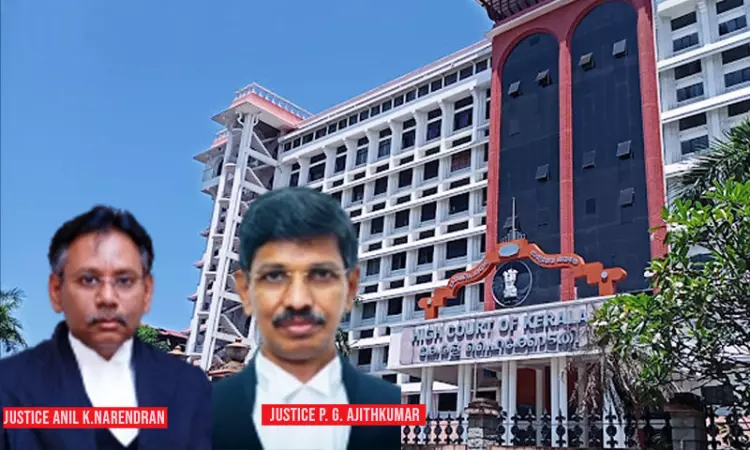'Huge Loss Of Deity's Properties': Kerala High Court Orders Enquiry Into Alleged Mismanagement At Manakkattu Devi Temple In Pallipad
Navya Benny
14 Feb 2023 3:51 PM IST

Next Story
14 Feb 2023 3:51 PM IST
The Kerala High Court recently directed the Devaswom Commissioner to conduct an enquiry into alleged mismanagement of the affairs of the Sree Devi Bhuvaneswari of Manakkattu Devi Temple, Pallipad, and to take the appropriate follow-up action. The Division Bench comprising Justice Anil K. Narendran and Justice P.G. Ajithkumar was considering a writ petition that had been filed by certain...
